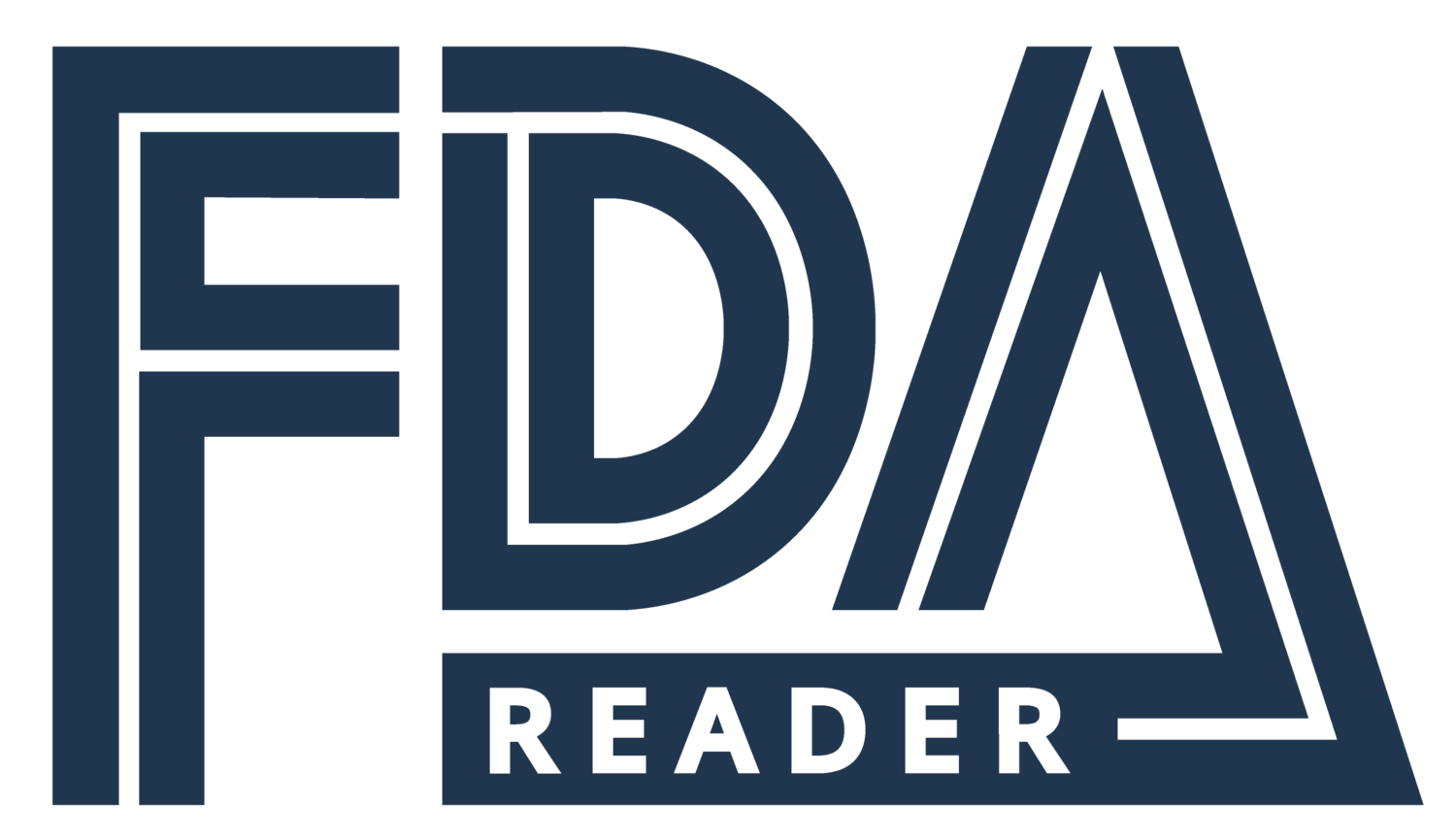Validation
What You Need To Know:
Validation answers the question “How do you know it works?”
You must validate that the preventive controls that you implement actually work.
Validation activities includes using scientific and technical evidence (or conducting your own studies)
Example of Validation: Collecting scientific research, and conducting tests to prove that the cooking temperature in your recipe is effective in killing the harmful bacteria in the product.
Hint: you can find information to validate many food processing practices on the FDA website.
What is Validation?
Validation means obtaining and evaluating scientific and technical evidence that a control measure, combination of control measures, or the food safety plan as a whole, when properly implemented, is capable of effectively controlling the identified hazards.
When is Validation Required?
You are required to validate every preventive control you are implementing. This means that if you use cooking as a means to kill bacteria, then you need to show that the time and temperature are a valid method for killing that bacteria type. This can often be achieved by referencing FDA guidance materials.
You are not required to validate the following types of preventive controls:
Sanitation Preventive Controls
Food Allergen Controls
Recall Plan
Who Conducts Validation?
All validation activities must be performed by a preventive controls qualified individual.
When do I need to validate my preventive controls?
You must validate your preventive controls:
Within 90 days of beginning production or there must be written justification for why if >90 days after production begins.
Whenever a change is made that could impact how a hazard is controlled.
Whenever the food safety plan is reanalyzed.
What Part of My Food Safety Plan Require Validation?
Some parts of your food safety plan do not need to be validated. Sanitation activities, for example, do not need to be validated because most people use a small set of scientifically proven processes (i.e. soap and water, common chemical sanitizers). As a result, there is no need to require each business to prove their sanitation practices actually work.
The following activities do not require validation
Food allergen controls
Sanitation controls
Recall plan
Supply chain program
Other preventive controls if the PCQI prepares the written justification that a validation is not applicable based the nature of the hazard and the preventive control.
This Article is For You if…
∆ You are developing a food safety plan or HACCP plan.
∆ You have implemented a preventive control or identified a hazard that requires a preventive control








